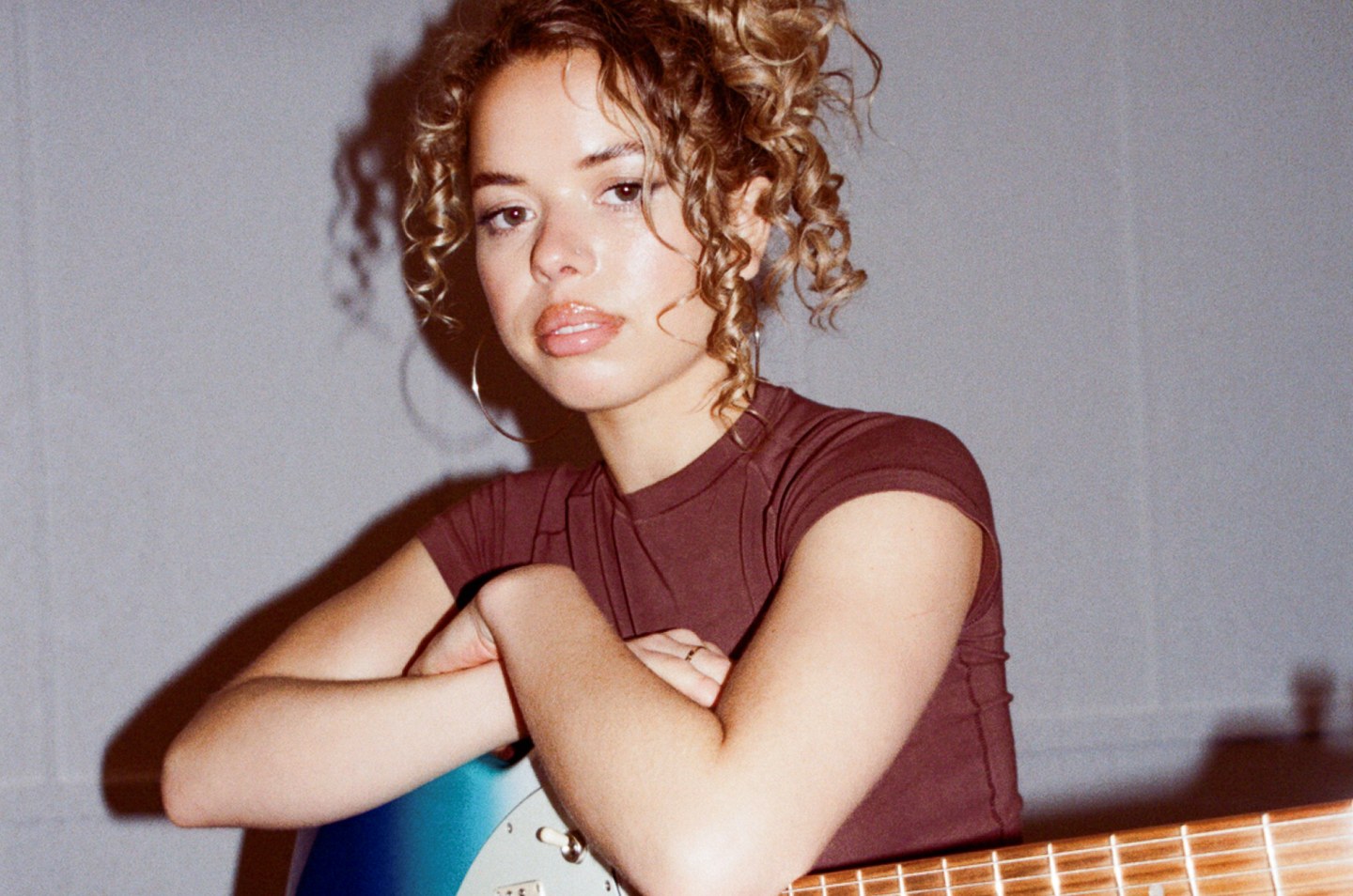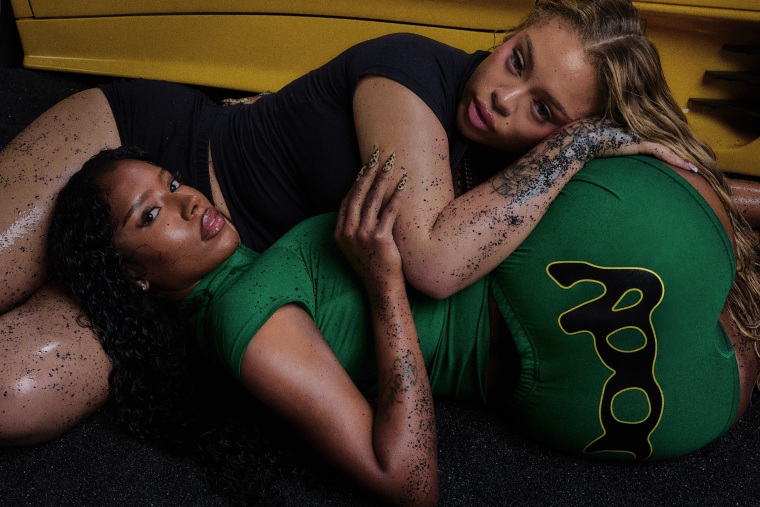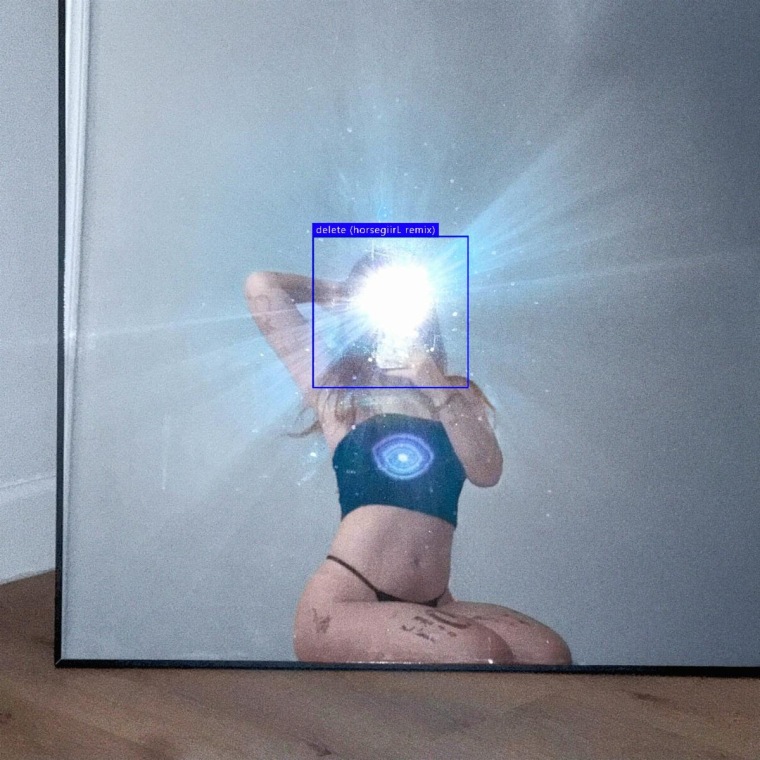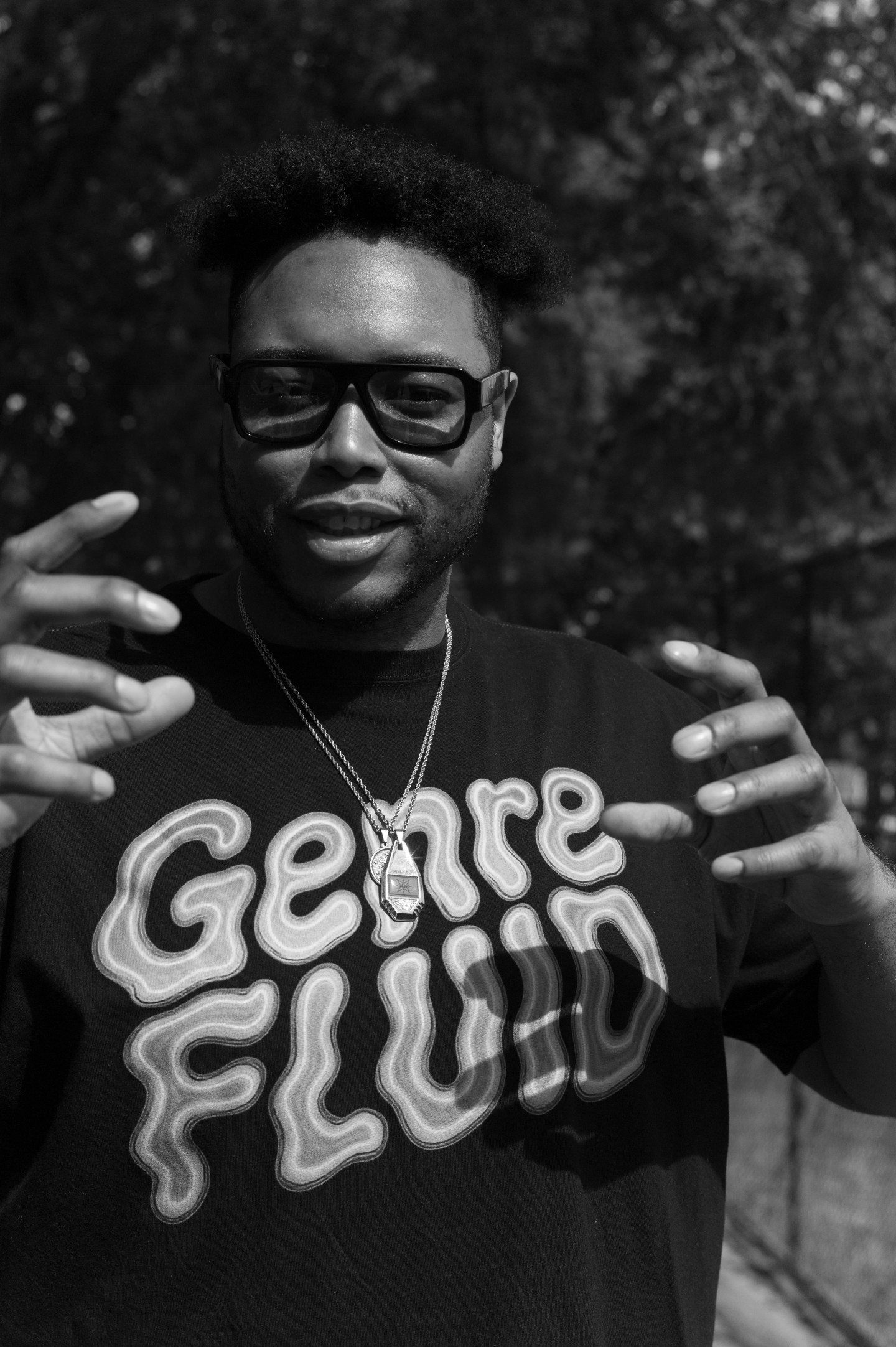Nilüfer Yanya
Molly Daniel
On My Method Actor, Nilüfer Yanya draws deeply from a search for meaning with vulnerability and humor. “What you looking for? / Shut up and raise your glass if you’re not sure,” she sings on the opener, “Keep On Dancing” as she toasts her existential quest. On “Like I Say (I Runaway),” meanwhile, the fear is nipping at her heels as she finds herself “on precious time I can never lose, it’s a state of mind.” Yanya, who is 29, is questioning everything, from what she has built so far to why she built it that way in the first place.
For an album that is preoccupied with what the future may hold and her own agency in that outcome, My Method Actor is Yanya’s most self-assured and driven album to date. On the British songwriter and guitarist’s first two albums — 2019 debut Miss Universe and 2022 follow-up PAINLESS — Yanya played her instrument with pace and menace. She develops that virtuosic skill on her new project with versatility and style. Her overdriven chords propel the title track until it soars while the solo that rings out on “Call It Love” imbues the song with a seductive glamor.
Elsewhere, My Method Actor is deep in thought with a sound that matches such contemplation. The back half of the album, notably on songs such as “Faith’s Late” and “Wingspan,” the music is lush and unknotted with a sense of calm that feels like a salve to the prickly front section. Along with producer Wilma Archer (My Method Actor marks the first time Yanya has worked with just one collaborator across an album), Yanya has created a collection of songs that both grasp at the opacity of what is to come and revel in the freedom of letting go.
Speaking to The FADER, Yanya discussed her teenage pop-punk phase, the lessons she took from stage acting while she worked on My Method Actor, and where she feels she ended up emotionally after writing it.
The FADER: What was it about the idea of method acting that first caught your attention?
I didn’t actually intend to write about method acting, it just rhymed [with my name]. But then I looked into it and was interested in the way actors are able to pull up core memories and use them in their work. The fact that it helps them empathize with the character they’re portraying and create a link between them and the character intrigued me. It means you reach the point where you don’t have to act anymore, you just are the character.
I found that interesting in regards to my relationship with music, because I’ve never felt that I am taking on the role as a performer. I’m just being myself, just singing the songs. I don’t feel like I’m becoming another character or being another version of myself, I just have to try and find myself. There is a correlation between being the same person on and off the stage that I wanted to look at.
I have always thought it must be strange to be an artist who is on tour and having to revisit some of the painful memories they put into songs night after night…
It’s always changing, though. It’s not necessarily the same kind of energy that comes up. It changes every day and you have to grasp this energetic field that’s coming through you. I’m not a big talker on stage and don’t interact with the audience that much but there’s something about the energy of the song that I will be feeling and I hope others do, too. Sometimes I’m on stage and I’m like, ‘I don’t know what I’m doing here, this is so weird.
The album is an expression of your nerves at turning 30 and the significance of entering a new decade. Did you find that making the album helped steady your mind at all?
I still feel the same, I think. Maybe I feel a bit more carefree about moving to this next part of my life. I’m nearly 30 now, and at the beginning of making this record I hadn’t turned 29 yet so I’m just trying to approach the future without negativity. I can’t be thinking about it in terms of fear. The album feels like a journey that I started by asking myself questions I wanted the answers to and trusting that I already had them.
What were the questions that you were asking yourself?
My songwriting is always a bit existential. So it was things like, ‘who am I?’ ‘What am I doing?’ I was also looking closely at my desire to write and to create. I was really questioning, like, where is this coming from? What is that thing that’s always been part of me? I realized that it’s a kind of fuel, if that makes sense. There are definitely times where I feel like I don’t feel it as much and can be quite disconnected from music. But ultimately, being creative is what gives me my drive in life.
Your music has been getting progressively heavier and more distorted with every album. Has that been a conscious decision?
Sometimes you need to make one song to pave the way for what comes next and I really feel like PAINLESS was a blueprint for this record. I listen to that album now and realize that I was always heading in this direction but it just hadn’t gone that far yet. In my head my music has always been very heavy and rocky but listening to it [older material] I can hear I was being very careful. Maybe a bit too careful.
Who were the artists that first inspired you to pick up the guitar?
When I was younger there was the whole skate-punk thing. I just thought bands like Weezer and Blink-182 were so cool. That definitely was the main push for me but I was always interested in writing songs rather than being the greatest guitarist.
The Strokes were another big influence, around the time the whole indie music thing happened. And then I got more into Pixies and The Cure. When I first heard like Pixies, I was like, “Wow, like this songwriting is really weird but still super catchy.” It was the music I wanted to make and really connected with what was going on in my head at the time.
You have described “Call It Love” as something of a “metamorphosis” for you. Can you explain how or why that song feels like a rebirth?
This song is about being still and really listening to what you already know and then that allows you to create your own path. This can potentially destroy you but then you’re sort of reborn out of this whole process.
It’s a journey that starts with realizing that you have the capacity to remove yourself from situations and escape. Your destiny isn’t something that’s set in stone. You can alter the way the future plays out. The album charts that journey of realizing that you have the power to do that. Then, by the time the album finishes, you’re back at the beginning again but this time everything feels much more open-ended and filled with possibility.




